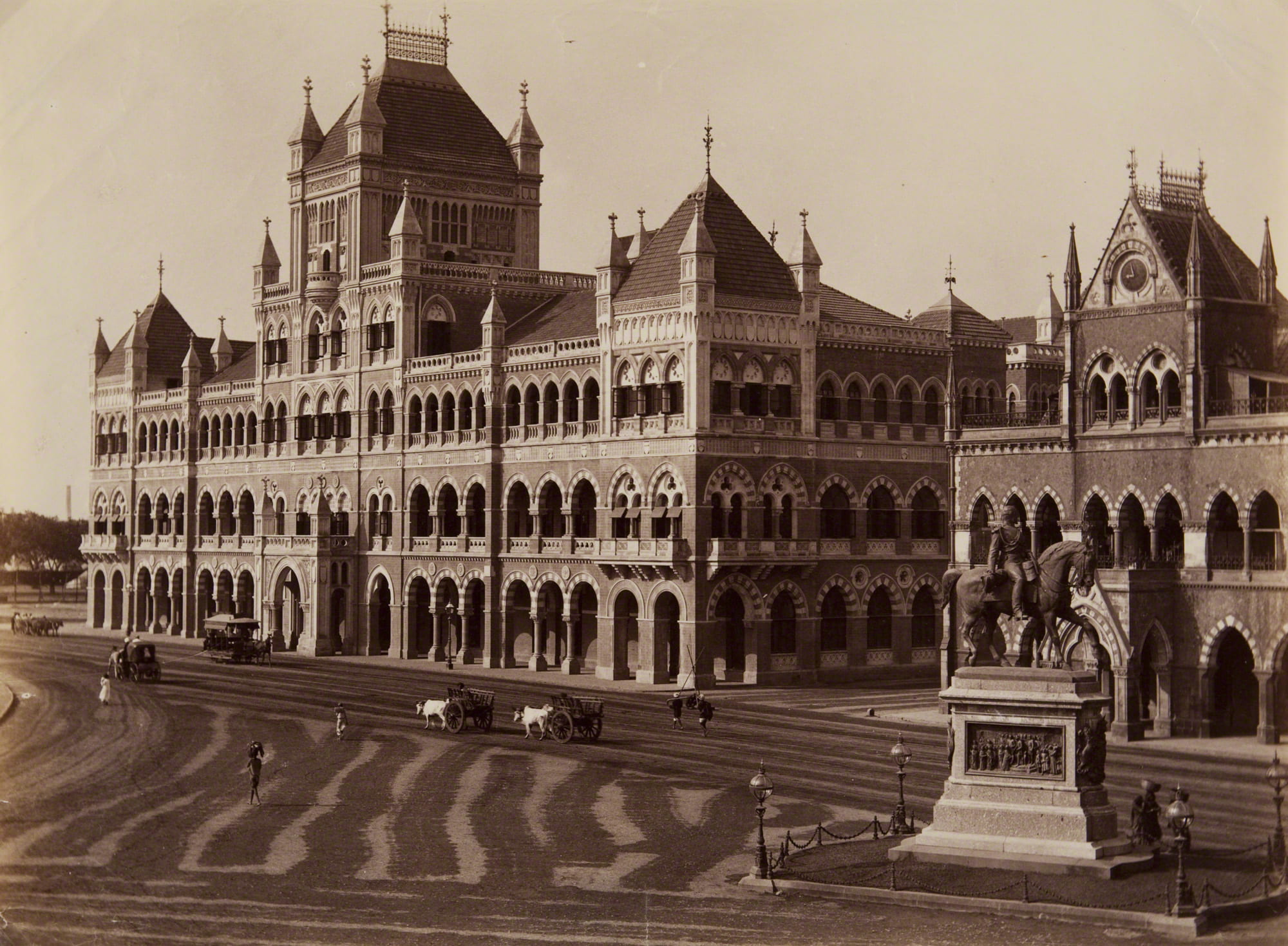Jawan Shir Rasikh
University of Pennsylvania
“Abd al-Hai Habibi’s Use of Henry George Raverty’s Translation of Tabaqat-e Nasiri”
Henry George Raverty (d. 1906) and Abd al-Hai Habibi (d. 1984) are at the surface level two different persons of two different periods—the former a colonial intellectual of an imperial state, the British Empire, while the latter a national intellectual of a “post-colonial state” (?), Afghanistan. However, there are many epistemologically unifying factors between these two individuals concerning translation and editing of Tabaqat-e Nasiri, a Persian medieval chronicle. Raverty translated chronicle into English in the 1860s in order to “discover” history of Afghans. Habibi edited it in its original language to “document” history of Afghans. Even though Habib’s edition was based on Asiatic Society of Bengal’s Persian copy reprinted in 1942, Habibi informs us that the English translation was his “main source of inspiration for editing and publishing a complete copy of it.” Raverty is known for his other important works on Pashto language and literature, Habibi is known for his many other original and invented works on Afghan history and culture, which have ranged from medieval history, literature, and languages of Afghanistan to its modern political geography, people, and state. This paper, a section of an ongoing dissertation, introduces Habibi’s editing of and commentary on the medieval Persian chronicle, Tabaqat-e Nasiri, in the context of colonial and local translation projects. It analyzes grammatical, orthographical, and content edition of Habibi’s Tabaqat-e Nasiri as a case study to explore how British and other European works of scholarship facilitated an epistemic framework for history writing, and knowledge production in the twentieth century Afghanistan.
Jawan Shir Rasikh is a doctoral student in South Asia Studies at the University of Pennsylvania. He studies the medieval history and culture of Persianate and Islamicate societies of Southwest Asia. His dissertation looks at the processes of Islamization of medieval Afghanistan. He is also interested modern history of Afghanistan, and intellectual history.
